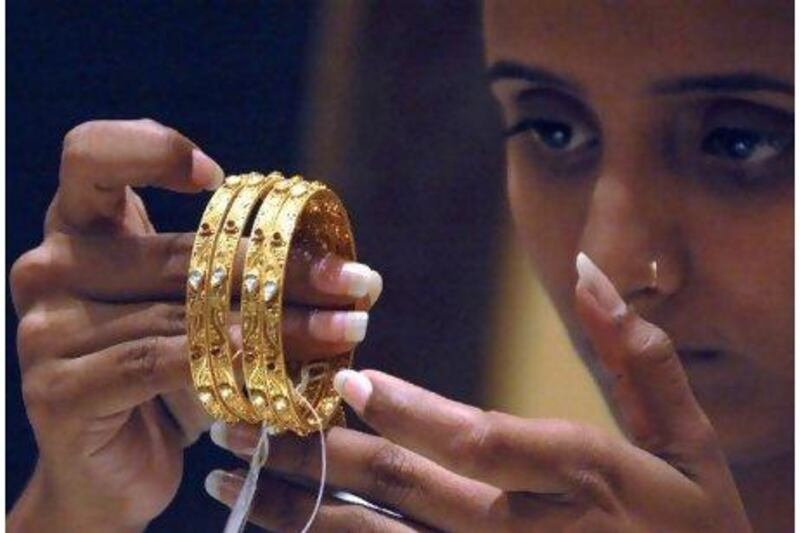As the US dollar weakens, its utility as the world's reserve currency declines, and people are returning to gold, one of the most reliable preservers of value throughout history
Americans may think they invented quantitative easing and the printing of money by the government, but Asian rulers were practising the fine art of debasing currencies for centuries before the US even existed as a nation.
That is why peasants and even the well-to-do in China and India have hoarded gold as a store of value for thousands of years.
Until about 10 years ago, because Asians did not fully trust the paper money issued by their own governments, capital flight was the norm in a range of countries including Indonesia and China. But Asians did trust the US dollar until a few years ago.
Even in Vietnam, which fought a bitter war against the US in the 1960s and 1970s, the dollar was a common currency and most traders actually preferred the dollar over the Vietnamese dong.
But with the weakening of the dollar and, more important, the seeming indifference of the US government to the weakening of its own currency, gold fever is back with a vengeance in Asia.
Given that official gold trade is regulated and dutiable, there is a thriving informal trade in the metal in Asia, helped along by the fact that even small pieces are valuable enough to be worth smuggling.
And given the Asian tradition, especially in India but also in other parts, of women wearing a lot of gold jewellery, it is not even necessary in Asia to buy gold ingots to smuggle the metal. Recruiting large number of women adorned with heavy gold jewellery is an effective strategy.
China and India, whose central banks have been buying tonnes of gold in the open market, can hardly complain if their citizens do the same.
Centuries of gold accumulation in Asia means that China and India now possess more gold than is likely to be mined in the future, unless science one day figures out a way to obtain gold from the oceans.
Tourists from mainland China visiting Hong Kong - nearly 50 million in 10 years - buy not only designer handbags but also gold.
There is a widespread perception that the gold in China is adulterated and that it is better to buy the metal in Hong Kong. Gold shops have mushroomed there in recent years, and some cater almost exclusively to "tourist" buses from the mainland.
Chinese banks, which are just one step removed from their socialist past, have not really figured out a way to benefit from the gold holdings of their citizens, but banks in India have for a long time now lent against gold deposits.
At one time this was seen as a backward way of bank lending. But in the light of what has been happening in the major financial centres, the Indian banks might be proved to have been farsighted.
The fact that Asians privately own more gold than their governments hold and that a lot of it is hidden from the taxman may gladden the hearts of libertarians in the US who argue for less government and reintroduction of the gold standard.
The fragmented and largely hidden private ownership of gold in Asia means that a governmentthere is not in a position to walk into a gold vault or two and take away large quantities of the metal.
This also means that if the world were ever to switch to a form of gold standard - and this is no longer a fringe idea, with even the president of the World Bank suggesting it - Asian countries, and certainly their citizens, would be in a strong position to adapt to the new gold standard.
Chalk up one more point for the Asian economies.





